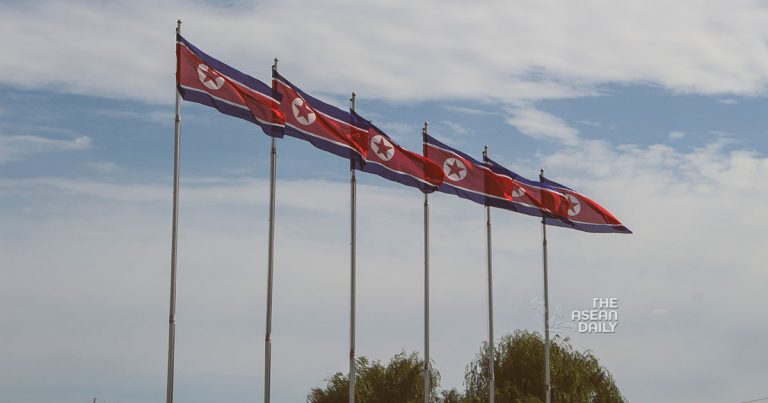25-7-2023 (SEOUL) North Korea is set to welcome high-level delegations from Russia and China to Pyongyang this week for celebrations marking the 70th anniversary of the Korean War armistice, as reported by state media on Tuesday (Jul 25). The upcoming visits indicate a potential reopening of North Korea’s borders to foreign dignitaries after a prolonged closure due to the pandemic.
The Korean Central News Agency confirmed that Defence Minister Sergei Shoigu would lead the Russian delegation, while China’s delegation will be led by Politburo member Li Hongzhong. Russia has been a longstanding ally of North Korea, maintaining friendly relations with the nation. Their leader, Kim Jong Un, has shown unwavering support for Moscow’s actions, including its invasion of Ukraine, which has drawn criticism from Washington for alleged missile and rocket supply.
The celebrations in Pyongyang will commemorate the signing of the armistice, also known as Victory Day, which took place 70 years ago. The event is expected to be grand and significant in North Korean history, featuring a large-scale military parade and other festivities. Satellite images suggest that soldiers and civilians have been undergoing training for the parade for months, as reported by NK News, a specialist site based in Seoul.
Despite the celebratory atmosphere, Seoul and Washington are closely monitoring the situation in Pyongyang. South Korean defence ministry has observed an increase in “people and equipment” in the North Korean capital. Notably, this marks the first known visits by foreign delegations to North Korea since the start of the pandemic.
Since early 2020, North Korea has imposed strict measures to guard against COVID-19, including a self-imposed blockade that limited entry to the country, even for its own citizens. Although some trade with China resumed last year, foreign delegations had been barred from visiting. The participation of Chinese and Russian delegations in the anniversary celebrations signals a possible shift in North Korea’s pandemic restrictions.
The armistice agreement signed on Jul 27, 1953, officially ended hostilities during the Korean War, but a peace treaty was never enacted, leaving the two Koreas technically at war. As the celebrations unfold, experts speculate that North Korea may use the occasion to showcase its strengthened ties with China and possibly unveil new intercontinental ballistic missiles (ICBMs). Additionally, this event could signal a future reopening of the border between North Korea and China.
Tensions between North and South Korea have been exacerbated by recent weapons tests conducted by Pyongyang and the deployment of US nuclear-capable submarines to the region. Diplomacy between North Korea and South Korea has stalled, while Kim Jong Un has emphasized the development of advanced weaponry, including tactical nuclear weapons.
Amid these developments, the recent border-crossing incident involving US soldier Travis King has added to the strains between the two Koreas. The UN Command, led by a US-led multinational force overseeing the Korean War truce, has begun discussions with North Korea regarding the American serviceman’s situation.




